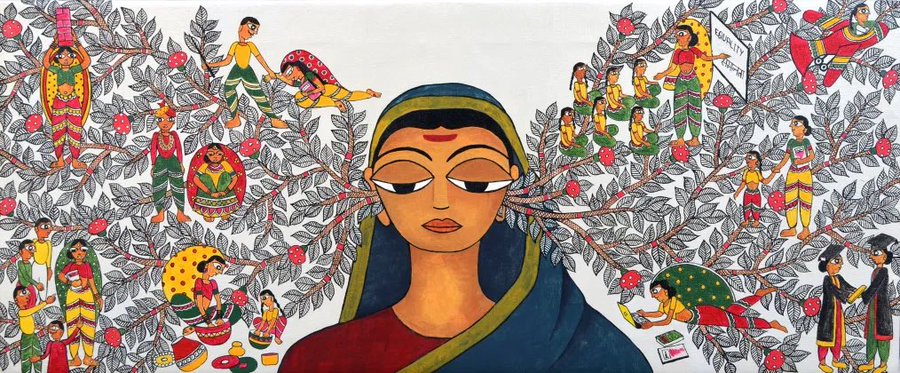
Sulzberger Parlor, 3rd Floor Barnard Hall
Barnard Center for Research on Women
Institute for Comparative Literature and Society
The transnational resonance of the Black Lives Matter movement has incited communities across the globe to raise their voices against discrimination and inequality and to work across demographics and colonial histories to reflect more broadly on shared affinities and political solidarities. The resonances between caste and race have been an especially important site for rethinking global activism and political praxis: comparative and historical studies of caste societies, that is, societies characterized by durable forms of heritable hierarchy has provoked impassioned debate across the South Asian diaspora.
A recent wave of caste protections has swept across the country with universities like Harvard, Brown, Brandeis, the California State University system adding caste as a protected category under their non-discrimination policies. The Columbia University Senate added caste to its non-discrimination policy on April 28, 2023, arguing that “there was no conversation about caste on university campuses.” Barnard announced the inclusion of caste in its anti-discrimination policy on September 14, 2023. Meanwhile, Seattle became the first city to outlaw caste discrimination details, while SB403 seeks to put California on the map as the first state to recognize the ongoing harms of caste.
In 2023, Barnard’s Helen Pond McIntyre ’48 Lecture will draw on the rich legacy of connected histories and diasporic activism to honor scholarship on caste in diaspora with special focus on the relationship of sexual reproduction and social distinction in making global caste. How might the experience of indenture and migration reshape our understanding of the complex relationality of caste and race? How does caste continue to frame social relations of intimacy and exclusion? What are the perils and potentials of anticaste organizing in the diaspora? These are just a few questions that animate our effort to address emergent perspectives for complicating our approach to the study of caste in diaspora.







